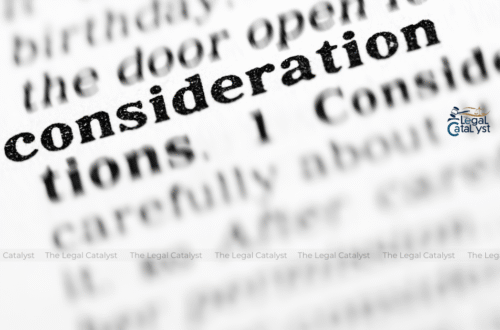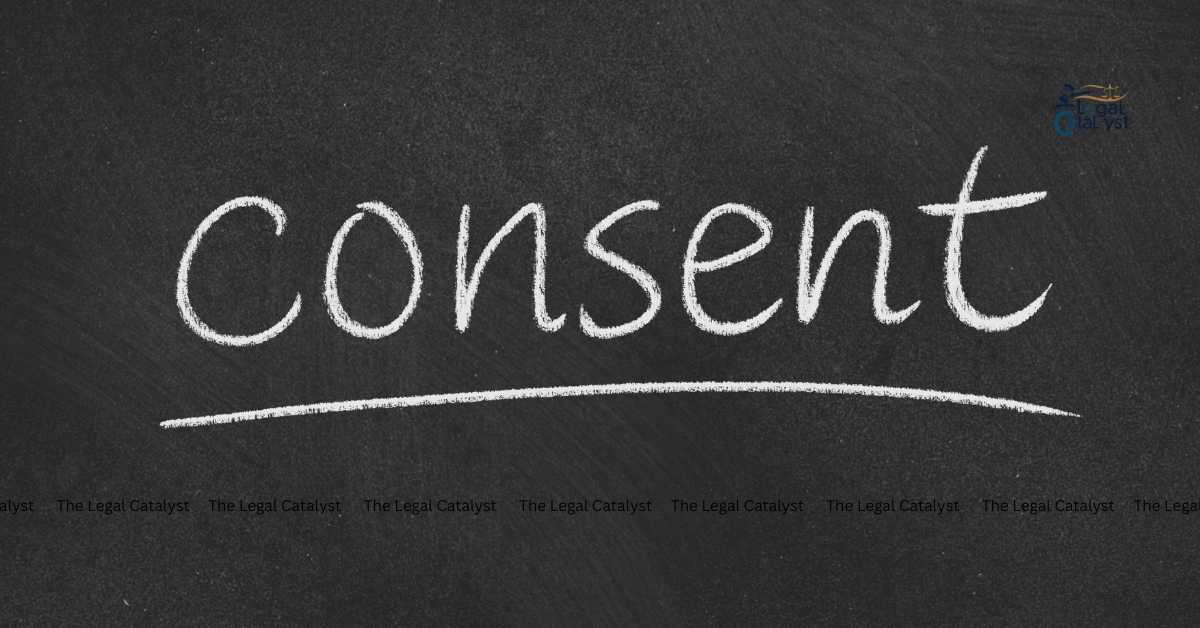This article is written by ISHAN SINGH, student, University of Lucknow
Table of Contents
- Introduction
- Essentials of a Valid Contract
- Offer [Proposal] – Section 2(a)
- Essentials of a Valid Offer
- ️Types of Offers
- Acceptance – Section 2(b)
- ️ Essentials of a Valid Acceptance
- ️ Communication of Acceptance
- ️ Revocation of Offer and Acceptance
- Legal Rules Regarding Offer and Acceptance
- Case Laws
- Conclusion
Introduction
Under the Indian Contract Act, 1872, a contract is formed when one party makes an offer (or proposal) and the other party gives their acceptance. These are the foundational steps in contract formation and are governed by Sections 2(a) to 2(b) of the Act. Without a valid offer and corresponding acceptance, no agreement can be considered legally enforceable.
Essentials of a Valid Contract (Section 10)
Before delving into offer and acceptance, it’s important to understand that a contract must fulfill certain conditions under Section 10, including:
- Offer and acceptance
- Free consent
- Lawful consideration
- Lawful object
- Competency of parties
- Not declared void
Offer (Proposal) – Section 2(a)
Definition:
“When one person signifies to another his willingness to do or abstain from doing anything with a view to obtaining the assent of that other to such act or abstinence, he is said to make a proposal.”
In simpler terms, an offer is an expression of readiness to do or not do something, made with the intention of creating a legal relationship upon acceptance.
Essentials of a Valid Offer:
- Must be made with the intent to create legal obligations
- Terms must be certain and unambiguous
- Must be communicated to the offeree
- Cannot be based on silence or assumptions
Types of Offers:
- Express Offer – Made through words (spoken or written)
- Implied Offer – Inferred from conduct or circumstances
- General Offer – Made to the public at large (e.g., rewards)
- Specific Offer – Made to a specific person or group
- Cross Offer – Two identical offers made without knowledge of each other (no contract)
- Counter Offer – Alters the terms of the original offer (original offer is revoked)
Example: In Carlill v. Carbolic Smoke Ball Co. (1893), the company made a general offer to anyone using the smoke ball. The court held it was a binding contract when the offer was accepted through performance.
Follow us on Instagram
Acceptance – Section 2(b)
Definition:
“When the person to whom the proposal is made signifies his assent thereto, the proposal is said to be accepted.”
Once an offer is accepted, it becomes a promise, and when supported by consideration and free consent, it becomes a contract.
Essentials of Valid Acceptance:
- Must be absolute and unconditional
- Must correspond exactly to the terms of the offer
- Must be communicated to the offeror
- Must be made in the prescribed manner (if any)
- Must be given by the person to whom the offer is made
- Must be given within a reasonable time
Note: Mere mental acceptance does not constitute valid acceptance—communication is crucial.
Communication of Offer and Acceptance
As per Section 4 of the Act:
- Communication of offer is complete when it comes to the knowledge of the offeree.
- Communication of acceptance is complete:
- Against the proposer: When acceptance is posted or dispatched.
- Against the acceptor: When it reaches the proposer.
Example: If A posts a letter of acceptance to B, communication is complete against B when the letter is posted, and against A when B receives it.
Revocation of Offer and Acceptance – Section 5
- Revocation of offer is valid if communicated before acceptance is dispatched.
- Revocation of acceptance is valid if it reaches the offeror before or at the same time as the acceptance.
Example: If A offers to sell a bike to B and B sends a letter of acceptance, B can revoke that acceptance only if the revocation reaches A before or at the same time as the acceptance letter.
Legal Rules Regarding Offer and Acceptance
- An offer must not contain vague or uncertain terms.
- Acceptance must be communicated to the offeror—silence is not acceptance.
- A counter-offer terminates the original offer.
- Legal intention must be present.
- Offer and acceptance can be revoked only as per the rules provided in the Act.
- Acceptance by performance is valid in case of general offers.
Important Case Laws
1. Carlill v. Carbolic Smoke Ball Co. (1893)
This is a landmark English case that established the enforceability of general offers. The Carbolic Smoke Ball Company advertised that it would pay £100. This reward was available to anyone who used the product according to the instructions. They must still have contracted influenza to claim the reward. Mrs. Carlill used the product as directed but still fell ill. She sued the company for the promised amount. The company argued that there was no binding contract as the advertisement was a mere puff or invitation. The court held that the advertisement constituted a unilateral offer to the world at large, and Mrs. Carlill’s use of the product according to the terms amounted to acceptance by conduct. Hence, a valid contract was formed. This case clarified that general offers can lead to valid contracts if accepted properly.
2. Lalman Shukla v. Gauri Dutt (1913)
This is a classic Indian case dealing with knowledge of an offer before acceptance. Gauri Dutt’s servant, Lalman Shukla, was sent to find his employer’s missing nephew. After Lalman had already set out in search, Gauri Dutt issued a public notice offering a reward to anyone who returned the child. Lalman later succeeded in finding the child and claimed the reward. However, he was unaware of the offer at the time of performing the act. The Allahabad High Court held that since Lalman had no knowledge of the offer, he could not be said to have accepted it. Therefore, no contract had been formed. This case emphasized that acceptance of an offer must be with knowledge of the offer, otherwise it is not valid.
3. Har Bhajan Lal v. Harcharan Lal (1925)
This Indian case is another example of acceptance by conduct, particularly in the context of reward-based offers. A father issued a reward for anyone who would bring back his missing son. The plaintiff found the boy and brought him home, later claiming the reward. The defendant argued that no acceptance had been communicated. The court held that in the case of a general offer, acceptance is sufficiently communicated by performance of the required act. Since the plaintiff had acted in accordance with the terms of the offer, a binding contract was formed. This case supports the principle laid down in Carlill v. Carbolic Smoke Ball Co.
Conclusion
The legal principles of offer and acceptance are fundamental to the law of contracts. An offer indicates the willingness to contract, and acceptance reflects agreement to the same terms. The Indian Contract Act, 1872, ensures that the formation of a contract relies on mutual consent. It also requires clear communication and guarantees legal enforceability. For both legal practitioners and students, a sound understanding of these principles is essential for analyzing contractual obligations and disputes. Both legal practitioners and students
Also Read





